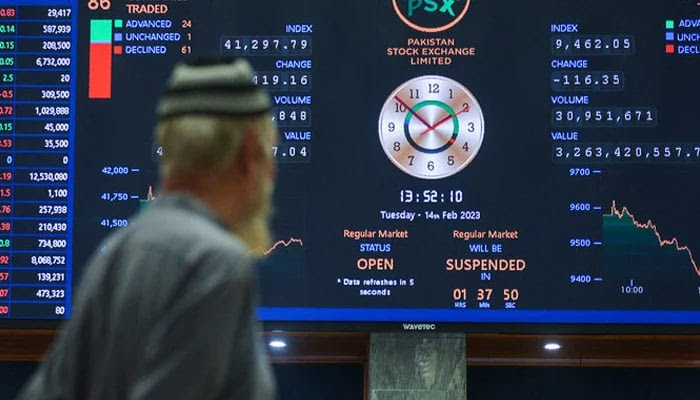Leading global paint maker AkzoNobel announced Tuesday it was selling its chemicals arm to US-based investors Carlyle Group and Singapore's GIC for 10.1 billion euros ($12.6 billion), seeking to restore investor confidence in the Dutch giant.
“AkzoNobel today announces the sale of 100 percent of its specialty chemicals business to The Carlyle Group and GIC for an enterprise value of 10.1 billion euros… as part of its strategy announced in April 2017,” it said in a statement.
The deal is expected to be complete by the end of 2018, and the Dutch company said it considered the move “in the best interests of AkzoNobel, Specialty Chemicals and its respective stakeholders, including employees, shareholders and customers”.
Net proceeds after deductions will total 7.5 billion euros — “the vast majority… to be distributed to shareholders.”
“Today is a key milestone in creating two focused, high-performing businesses to generate value for all stakeholders,” added AkzoNobel's chief executive Thierry Vanlancker.
Shareholders seemed to approve and AkzoNobel's share price jumped by 3.5 percent in early afternoon trade on the Amsterdam stock exchange's AEX index.
Angry shareholders
The manufacturer of such household paint brands as Dulux and Trimetal, AkzoNobel said last year it was splitting off its chemicals arm as it fended off an increasingly hostile takeover bid by US-based rival PPG.
After making three offers, PPG eventually dropped its efforts in mid-2017, which would have valued the Dutch company at 26.9 billion euros.
The hostile move was backed by furious shareholders including US activist investor group Elliott Advisors, which finally agreed to bury the hatchet in August after losing a court case.
In November, AkzoNobel announced that merger talks with another US company, Axalta, had been ditched, after the two failed to reach an agreement.
Dutch media reported that AkzoNobel considered three offers or even an initial public offering, but eventually settled on a private sale to the Carlyle Group and its longstanding investment partner GIC.
Carlyle and GIC edged out rival bids by agreeing to keep the business intact and giving assurances on workers' salaries and benefits, Bloomberg news agency said.
Vanlancker said he was confident the deal would be approved by regulatory authorities as it was “not a complicated process.”
Approval would take around four to five months, he added.
'Right value'
Vanlancker also left the door open for further bids or mergers for AkzoNobel's remaining business after the break-up, saying “we are not adverse to bigger deals.”
However, any offers “have to come at the right value” and have to fit in with AkzoNobel's ambitious plans of a 15 percent return on sales by 2020, he said.
Dutch unions reacted with caution, saying they wanted first to investigate the deal, said to affect some 2,400 jobs in the Netherlands.
“I understand from a few people I have spoken to that Carlyle does not have a reputation as one of the worst investment funds,” said FNV union manager Erik de Vries.
“We'll take a step back and see where they (Carlyle) stand” on labour issues, he told the Financieele Dagblad.
Year-end figures released in March showed AkzoNobel's 2017 sales were up 3.0 percent on the previous year to 14.6 billion euros.
But profits dipped 14 percent to 832 million euros compared to 970 million euros in 2016.
Formed in 1994 from the merger of the Dutch and Swedish firms Akzo and Nobel, AkzoNobel has a 45,000-strong workforce and operates in about 80 countries around the world.
Based in Washington DC, the Carlyle Group is one of the world's largest asset investment management groups, with $178 billion of assets.
Singapore's GIC is a sovereign wealth fund established by the Singaporean government in 1981 to manage the city-state's foreign reserves AFP/APP







